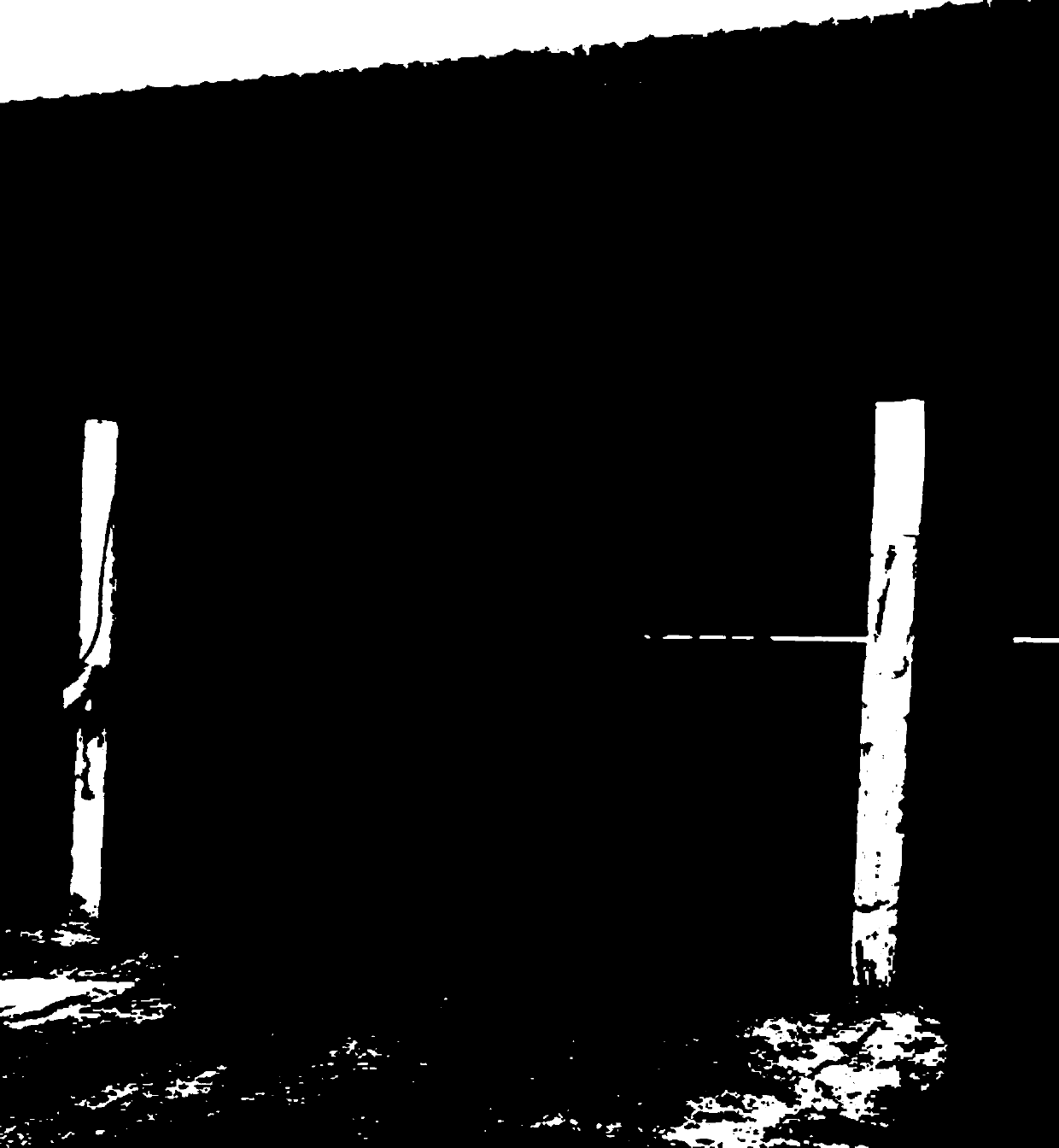Agaricus bisporus cultivation material taking waste snake room padding as main raw material
A technology for main raw materials and cultivation materials, applied in the field of edible fungus cultivation, can solve the problems such as methods and technologies for cultivation materials for Agaricus bisporus that have not been seen
- Summary
- Abstract
- Description
- Claims
- Application Information
AI Technical Summary
Problems solved by technology
Method used
Image
Examples
Embodiment 1
[0049] The following process steps can be used to prepare the Agaricus bisporus cultivation material with waste snake house litter as the main raw material:
[0050] (1) Take 50 parts by weight of waste snake house litter; 25 parts of jelly grass dregs; 10 parts of cassava dregs; 10 parts of rice straw granules; 3 parts of grains; the jelly jelly residue is the jelly jelly residue that the jelly processing plant uses jelly grass to process jelly and filter.
[0051] (2) The waste snake house litter, jelly dregs, cassava dregs, rice straw granules, mulberry twig granules, corn cob granules and bagasse granules are evenly mixed to obtain a premix.
[0052] (3) Add mixed bacteria to the premix, the weight ratio of premix and mixed bacteria is 100:2; the mixed bacteria is composed of Bacillus subtilis, Trichoderma viride and EM bacteria liquid, Bacillus subtilis, Trichoderma viride and The weight ratio of EM bacteria liquid is 1:1:1.
[0053] (4) Mix the premix and mixed bacteria ...
Embodiment 2
[0061] The following process steps can be used to prepare the Agaricus bisporus cultivation material with waste snake house litter as the main raw material:
[0062] (1) Take 55 parts by weight of waste snake house litter; 30 parts of jelly grass dregs; 20 parts of cassava dregs; 15 parts of rice straw granules; 4 parts of grains; the jelly jelly residue is the jelly jelly residue that the jelly processing plant uses jelly jelly to process jelly and filter.
[0063] (2) The waste snake house litter, jelly dregs, cassava dregs, rice straw granules, mulberry twig granules, corn cob granules and bagasse granules are evenly mixed to obtain a premix.
[0064] (3) Add mixed bacteria to the premix, the weight ratio of premix and mixed bacteria is 100:2.5; the mixed bacteria is composed of Bacillus subtilis, Trichoderma viride and EM bacteria liquid, Bacillus subtilis, Trichoderma viride and The weight ratio of EM bacteria liquid is 1:1:1.
[0065] (4) Mix the premix and mixed bacte...
Embodiment 3
[0073] The following process steps can be used to prepare the Agaricus bisporus cultivation material with waste snake house litter as the main raw material:
[0074] (1) Take 60 parts by weight of waste snake house litter; 40 parts of jelly dregs; 25 parts of cassava dregs; 20 parts of straw granules; 5 capsules;
[0075] The jelly jelly residue is the jelly jelly residue obtained by filtering the jelly jelly grass in the jelly processing factory.
[0076] (2) The waste snake house litter, jelly dregs, cassava dregs, rice straw granules, mulberry twig granules, corn cob granules and bagasse granules are evenly mixed to obtain a premix.
[0077] (3) Add mixed bacteria to the premix, the weight ratio of the premix and the mixed bacteria is 100:3; the mixed bacteria is composed of Bacillus subtilis, Trichoderma viride and EM bacteria liquid, Bacillus subtilis, Trichoderma viride and The weight ratio of EM bacteria liquid is 1:1:1.
[0078] (4) Mix the premix and mixed bacteria...
PUM
| Property | Measurement | Unit |
|---|---|---|
| Thickness | aaaaa | aaaaa |
| Thickness | aaaaa | aaaaa |
Abstract
Description
Claims
Application Information
 Login to View More
Login to View More - R&D
- Intellectual Property
- Life Sciences
- Materials
- Tech Scout
- Unparalleled Data Quality
- Higher Quality Content
- 60% Fewer Hallucinations
Browse by: Latest US Patents, China's latest patents, Technical Efficacy Thesaurus, Application Domain, Technology Topic, Popular Technical Reports.
© 2025 PatSnap. All rights reserved.Legal|Privacy policy|Modern Slavery Act Transparency Statement|Sitemap|About US| Contact US: help@patsnap.com

